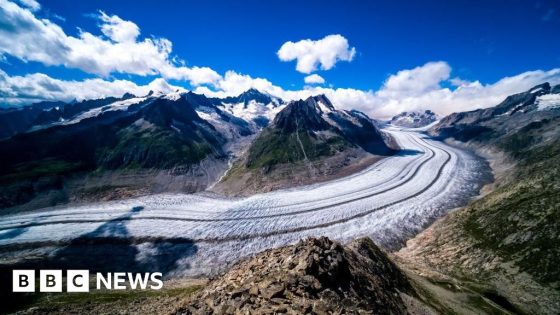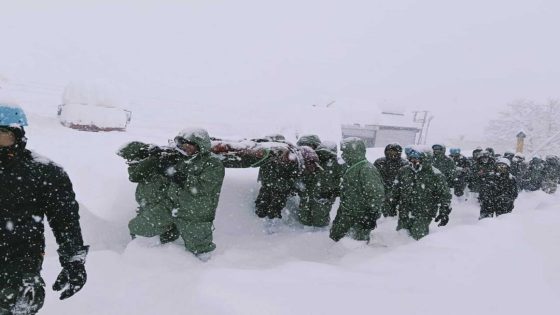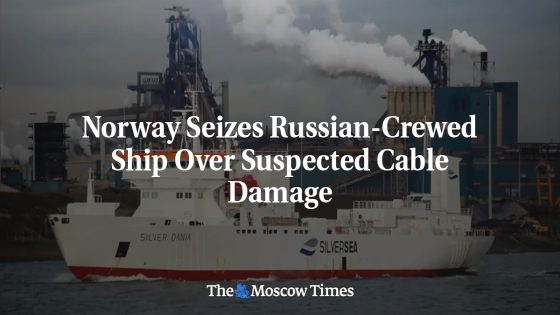The world’s glaciers are melting faster than ever recorded, according to a comprehensive scientific analysis released on February 19, 2025. The study reveals that since the year 2000, glaciers have lost over 6,500 billion tonnes of ice, with the rate of melting accelerating significantly in recent years.
- Glaciers melting faster due to climate change.
- Mountain glaciers provide freshwater for millions.
- 270 billion tonnes of ice lost annually.
- Central Europe lost 39% of glacier ice.
- Future melting depends on greenhouse gas emissions.
- Sea-level rise impacts millions globally.
Glaciers serve as crucial freshwater resources for millions globally, with enough ice to potentially raise sea levels by 32cm if they were to melt completely. The research, which compiled data from over 230 regional estimates by 35 research teams, confirms that glaciers have lost an average of 270 billion tonnes of ice annually between 2000 and 2023. This loss is equivalent to the water consumption of the entire global population over 30 years, according to Michael Zemp, director of the World Glacier Monitoring Service.
In Central Europe, glacier ice has decreased by 39% in just over two decades, showcasing the extreme changes occurring in specific regions. The study emphasizes that glaciers are sensitive indicators of climate change, reflecting the warming caused primarily by human activities, such as fossil fuel combustion. The findings highlight a stark contrast between potential future scenarios: if global climate targets are met, a quarter of the world’s glacier ice could be lost, while uncontrolled warming could lead to nearly half of it disappearing.
The implications of glacier loss extend beyond local environments. Hundreds of millions rely on seasonal meltwater for their water supply, and the disappearance of glaciers threatens this vital resource. Additionally, rising sea levels, driven by melting glaciers and ice sheets, could significantly increase the risk of coastal flooding worldwide. Global sea levels have already risen more than 20cm since 1900, with accelerated increases expected in the coming decades.
The study underscores the urgent need for action to mitigate climate change, as every fraction of a degree of warming avoided can help preserve glaciers and the ecosystems and communities that depend on them. The ongoing loss of glaciers is a clear indicator of the broader effects of climate change, necessitating immediate global efforts to reduce greenhouse gas emissions.







![Right: A wreath reading ″Singer IVE″ stands at the funeral hall for Kim Ha-neul, a 7-year-old girl who was allegedly stabbed to death by a teacher, at the Konyang University Hospital in Daejeon on Feb. 11. Left: Jang Won-young, a member of IVE, who Kim's father asked ″to come and see Ha-neul″ because ″Jang was Ha-neul's dream.″ [NEWS1]](https://news.faharas.net/wp-content/uploads/2025/02/IVE-Sends-Heartfelt-Wreath-to-Funeral-of-7-Year-Old-Stabbing-Victim-560x315.jpg)
























